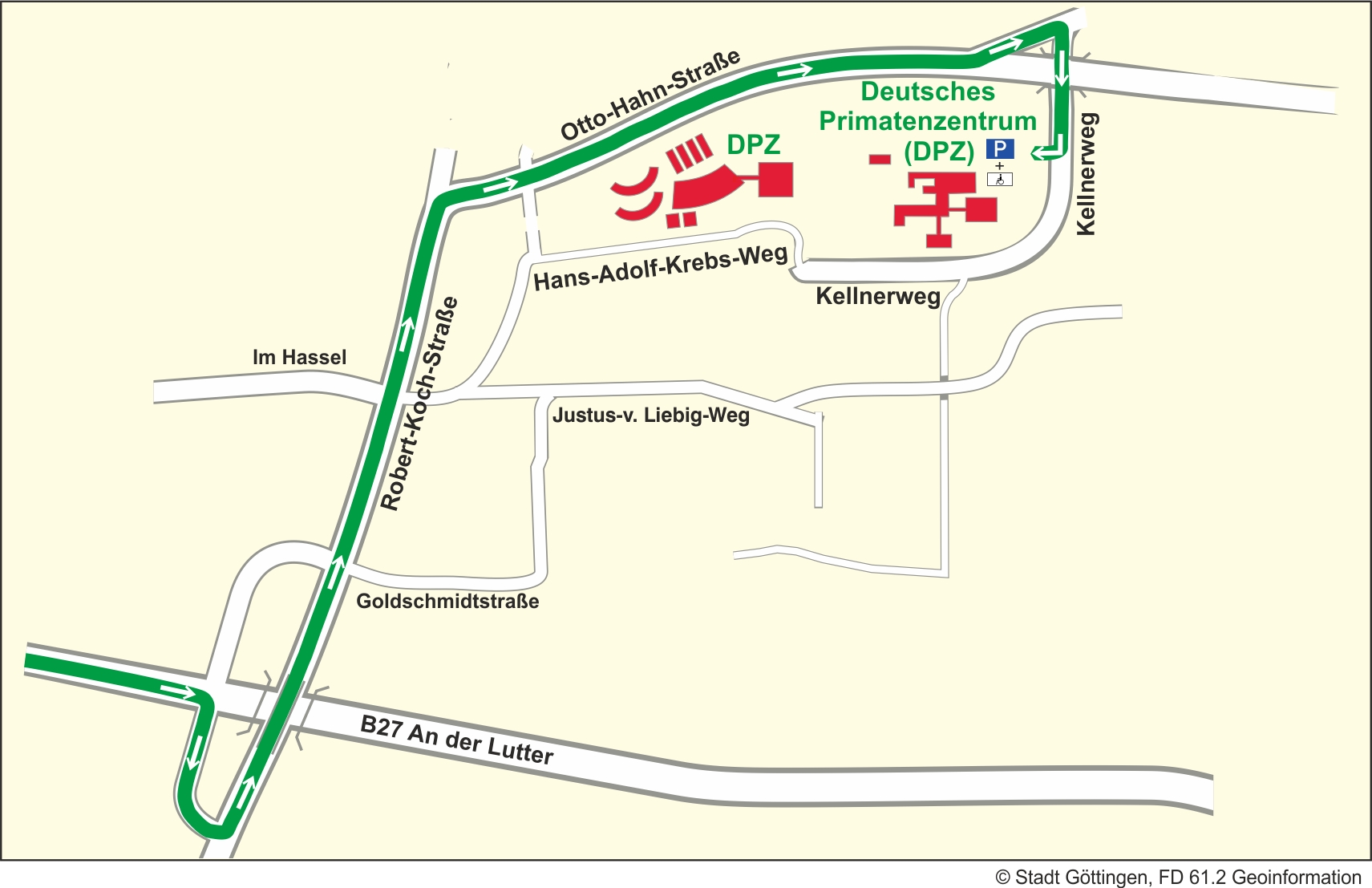Neural Basis of Prosocial Behavior
Save as calendar entryWhile it is evolutionarily logical for individuals to behave in ways that benefit themselves and maximize an individual’s own survival and reproduction, humans and other animals also engage in empathy and compassion-related behaviors that benefit others.
In humans, the ability to understand and support the emotions or needs of others is crucial to creating a more cohesive, compassionate, and successful society. Spanning the evolutionary spectrum, animals exhibit diverse prosocial behaviors, including comforting, helping, and resource sharing, to support others’ emotions, goals, and/or material needs. Our research aims to understand various forms of empathic and prosocial behaviors and the underlying neural mechanisms. We establish behavioral paradigms in mice to study prosocial comforting and helping behaviors. Using these paradigms, combined with molecular genetics and computational approaches, we identify the molecularly and anatomically defined neural pathways in the amygdala and the prefrontal cortex that specifically encode and control these behaviors.
Administration
Prof. Alexander Gail (Cognitive Neuroscience)
Referent
Prof. Weizhe Hong (University of California Los Angeles)
Journey Description
Map

E - Main Entrance/Reception
1 - Managing Board; sections: Infection Biology Unit, Unit of Infection Models, Laboratory Animal Science Unit, Primate Genetics Laboratory, Behavioral Ecology and Sociobiology Unit, Cognitive Ethology Laboratory, Neurobiology Laboratory, Research Coordination, Public Relations, Information Technology, Administration, Technical Support, Library.
2 - Material Delivery/Purchase
3 - Platform Degenerative Diseases
4 - Cognitive Neuroscience Laboratory
5 - Animal Husbandry
6 - Imaging Center, Functional Imaging Laboratory
Arrival by car

Leave the interstate A7 at exit "Göttingen Nord". Follow the B27 straight ahead in the direction of "Braunlage". After the third traffic light intersection turn right towards "Kliniken". Afterwards turn left onto "Robert-Koch-Straße" direction "Universität Nordbereich/Polizei". At the end of "Robert-Koch-Straße" turn right onto "Otto-Hahn-Straße", direction "Nikolausberg". The first street on the left turn onto "Kellnerweg", follow the signs "Deutsches Primatenzentrum".
Arrival by bus

The footpath from the bus stop "Kellnerweg" to the Main Entrance/Reception:
From Bus stop "Kellnerweg" (line 21/22 and 23) Cross the road, go in the direction of the bus. At the mailbox, turn left into the footpath and proceed to the end. Turn right into the Kellnerweg. The main entrance of the DPZ is on the left side.
Date and Time 05.12.23 - 14:00 - 16:00 Signup is not required
Location Michael Lankeit Lecture Hall, DPZ
SFB 1528 Cognition of Interaction
cschloegl@dpz.eu
0551-3851-480
